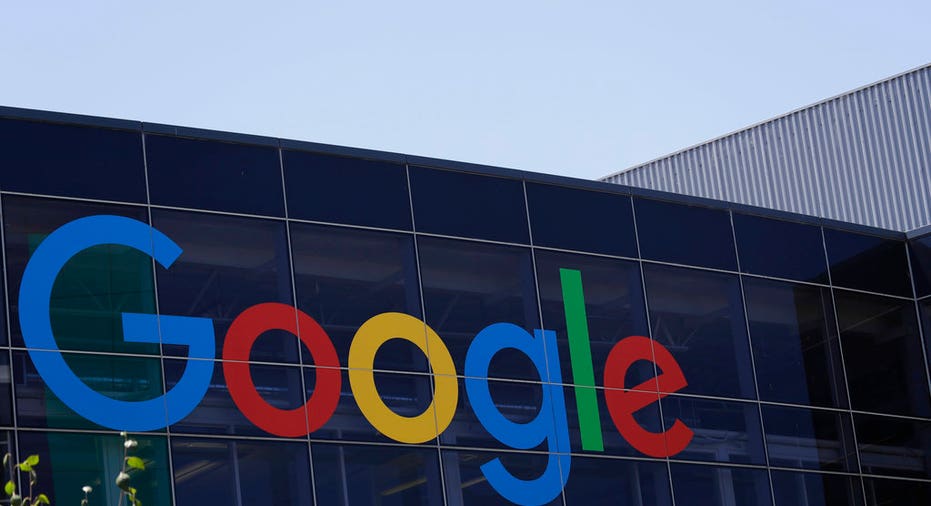Google Issuing Refunds to Advertisers Over Invalid Web Traffic -- Sources

Alphabet Inc.'s Google is issuing refunds to advertisers for ads bought through its platform that ran on sites with fake traffic, people familiar with the situation said, as the company develops a tool to give buyers more transparency about their purchases.
In the past few weeks, Google has informed hundreds of marketers and ad agency partners about the issue with invalid traffic, known in the industry as "ad fraud." The ads were bought using the company's DoubleClick Bid Manager.
Google's refunds amount to only a fraction of the total ad spending served to invalid traffic, which has left some advertising executives unsatisfied, the people familiar with the situation said. Google has offered to repay its "platform fee," which ad buyers said typically ranges from about 7% to 10% of the total ad buy.
The company says this is appropriate, because it doesn't control the rest of the money. Typically, advertisers use DoubleClick Bid Manager to target audiences across vast numbers of websites in seconds by connecting to dozens of online ad exchanges, marketplaces that connect buyers and publishers through real-time auctions.
The ad spending flows through to the exchanges. The problems arise when ads run on publisher sites with fraudulent traffic, such as those where clicks are generated by software programs known as "bots" instead of humans. This is an issue of growing to concern to marketers. It is difficult to recoup the money paid to those sites when the issue is discovered too late.
Advertisers often receive small credits from Google and their other ad-tech vendors when they detect discrepancies, but in this case, for some buyers, the instance of fraud discovered was larger than usual.
Scott Spencer, director of product management for Google, acknowledged that refunds have been paid, but he declined to provide a dollar figure for the amount being returned. Some ad buyers said the refund amounts range from "less money than you would spend on a sandwich" to hundreds of thousands of dollars.
Some agencies and advertisers would have been impacted more than others, depending on their level of spending during the period and the types of ads they bought.
"Today, we can't disclose the information about third parties," Mr. Spencer said. "So when we aren't able to catch invalid traffic before it impacts our advertisers and we're unable to refund their media spend, it hurts us, even if we're not responsible."
Google is working on a fix it hopes will provide some clarity over which technology providers in the ad-buying chain are responsible for issuing refunds. It is also working on technology to ensure advertisers automatically receive a full credit back from Google and its partners if incidents occur again.
The company said it is entering discussions with the 100-plus exchanges, ad networks and publishers DoubleClick Bid Manager plugs into and asking them to display to ad buyers whether they are willing to refund the entire media spend if ad-fraud instances occur. Buyers could then opt to filter out the sources of inventory that don't have such a policy.
Mr. Spencer said Google expects "high rates of adoption" among exchanges, and that the ones it had spoken to so far had been "very supportive" of the effort.
Another point of contention among those receiving refunds is that they haven't been given details about where their ads ended up or specific details about the exploits the fraudsters used, so that advertisers and agencies can apply their own safeguards in the future.
"We need to be very careful about commenting on or discussing specifics about bots or our detection," Mr. Spencer said. "Often fraudsters will change their approaches and strategies based on our public comments."
Write to Lara O'Reilly at lara.o'reilly@wsj.com



















